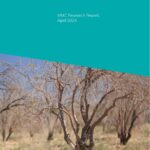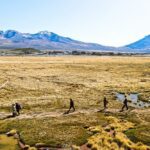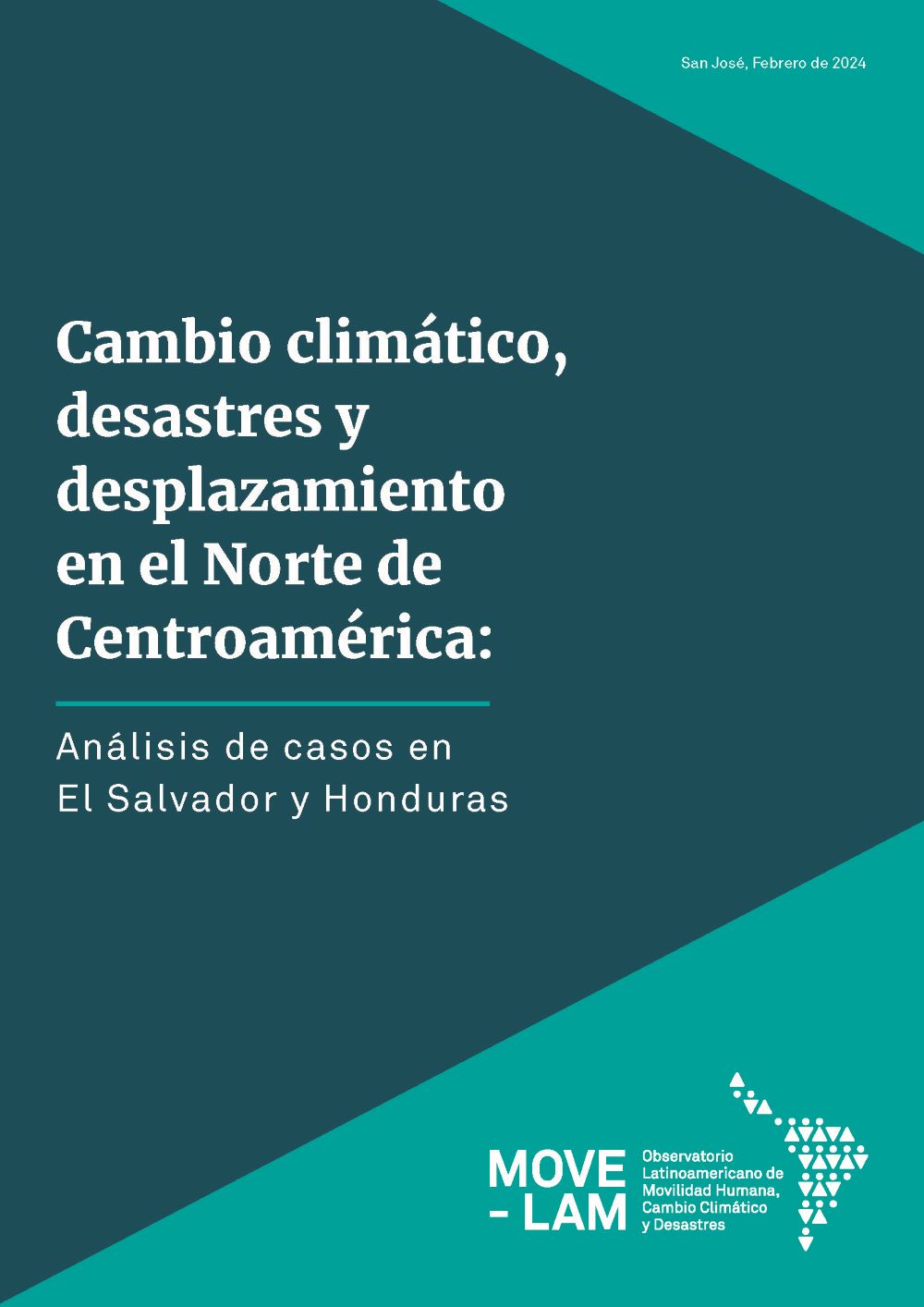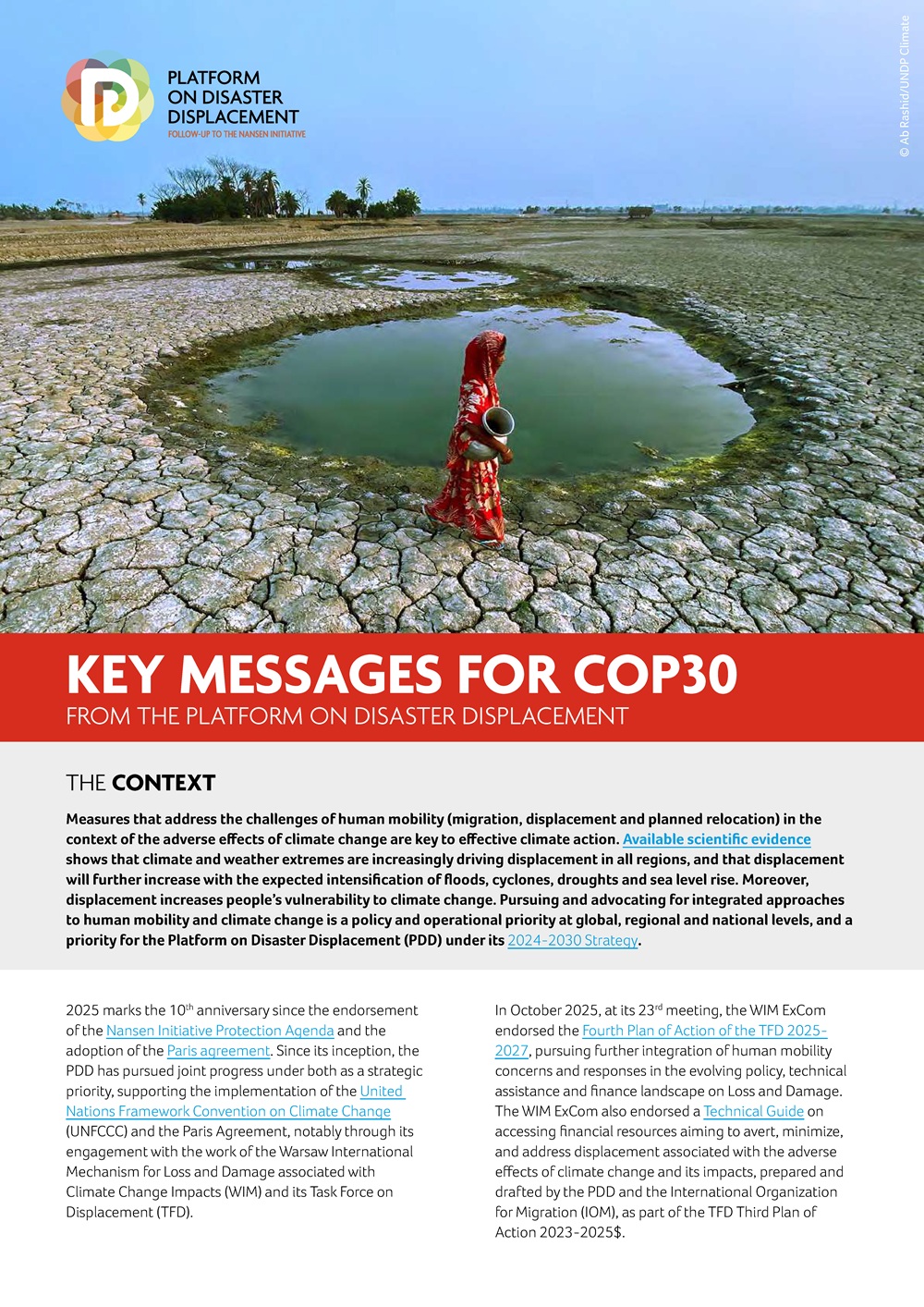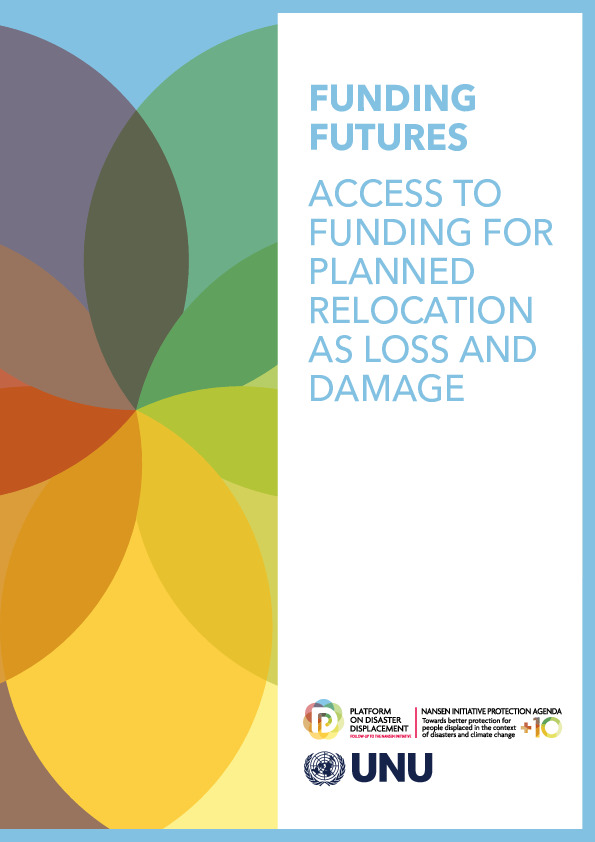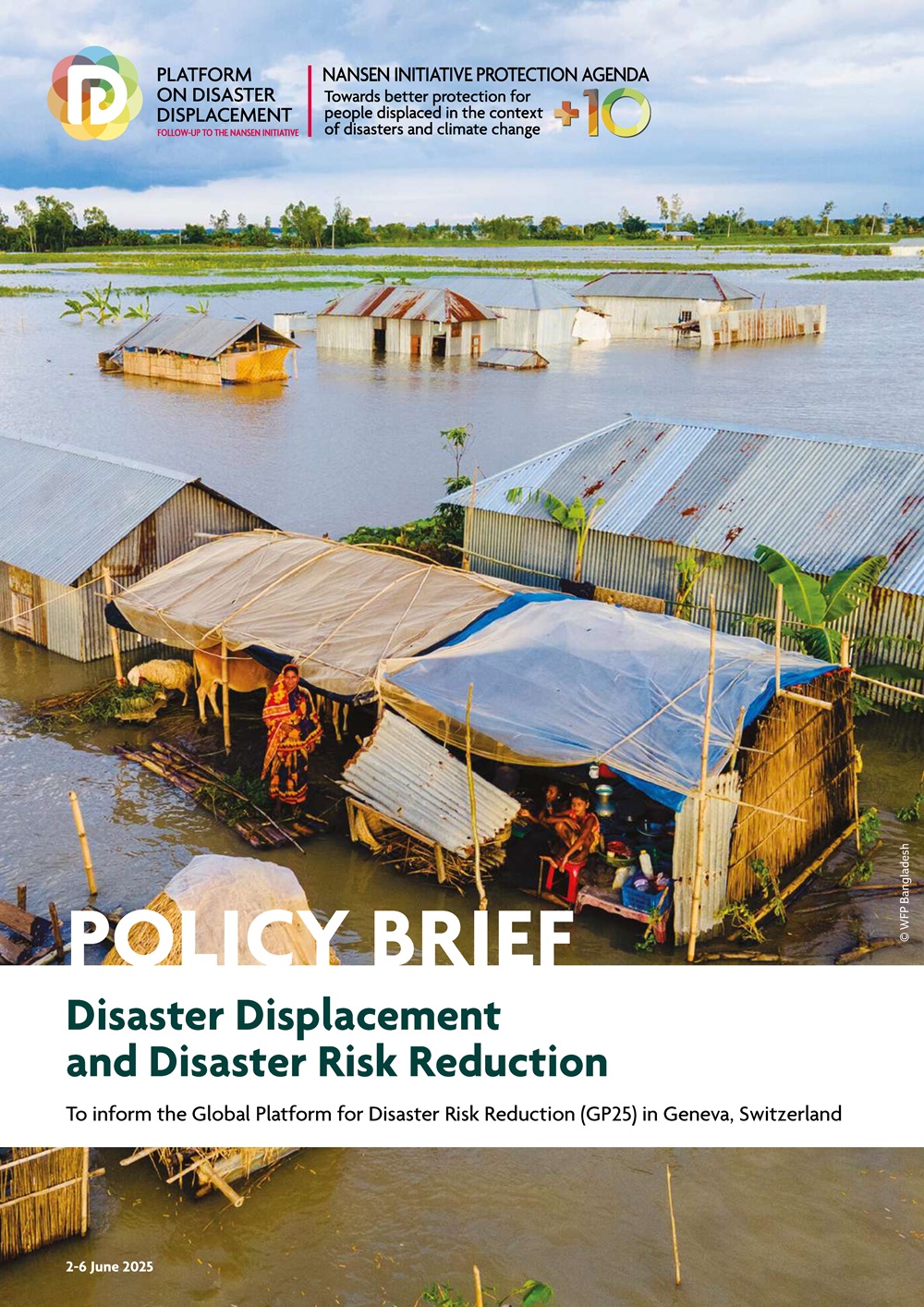Empirical research on human mobility in the context of climate and other environmental changes is critical for generating primary and timely data, contributing to the development of evidence and information on the topic, as well as guiding policies and decision-making. The increasing interest in empirical research on the topic is reflected in the continuous proliferation of academic and scientific publications.
Despite the high exposure to extreme weather events and subsequent population movements, to date, few empirical studies have focused on Central America. There is a lack of specific empirical studies that address the distinct dimensions of human mobility in the region, especially displacement, as well as the linkages between mobility drivers, such as climate change, insecurity, and violence. Data and evidence on the topic should be fostered, thus enabling the development of methodologies that are adjusted to the particularities of the distinct forms of climate and disaster-induced mobility in the region.
This report focuses on case studies from El Salvador and Honduras.

